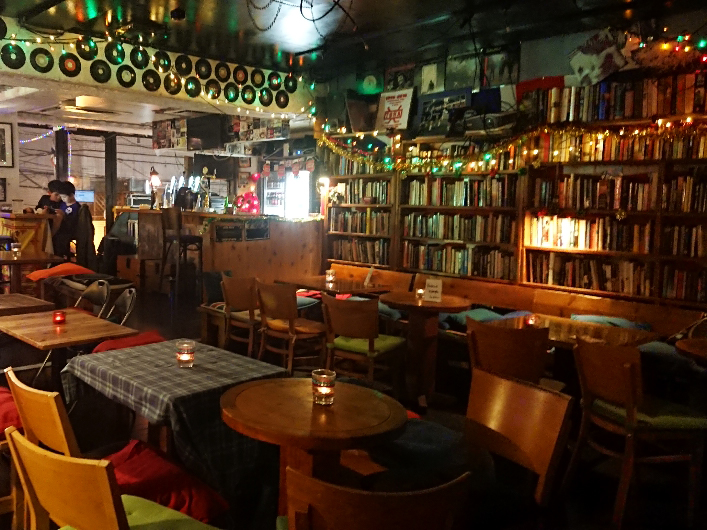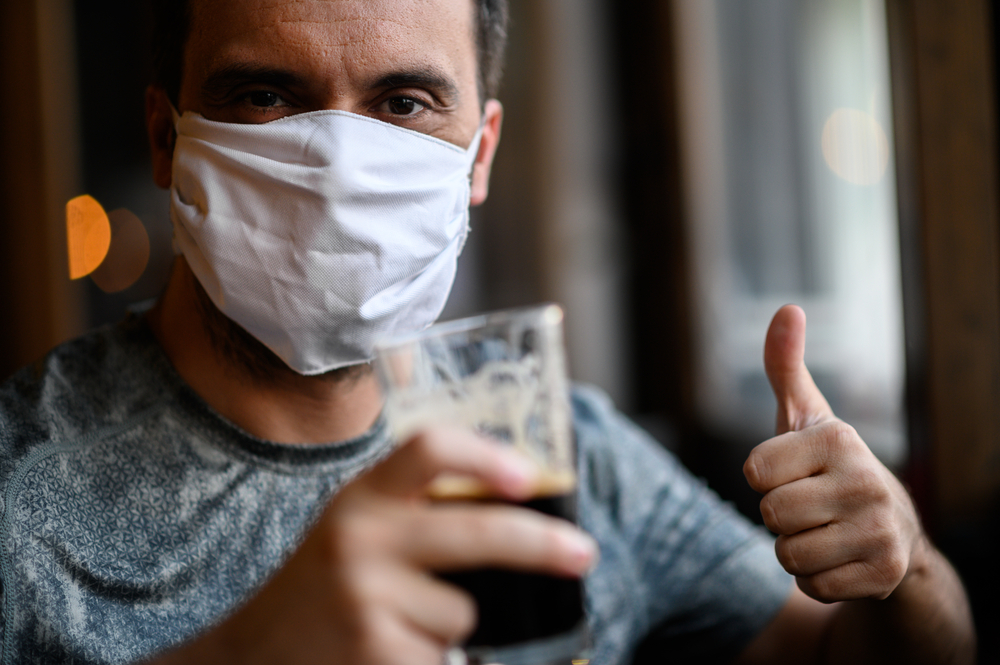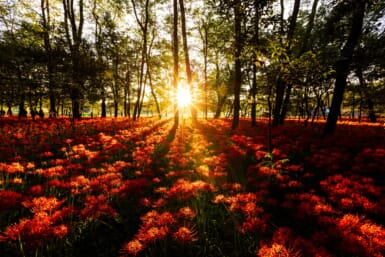As I sat in an uncharacteristically quiet Good Heavens pub last week in Shimokitazawa, with an actual cold draught of Kirin bubbling in front of me, my feelings of untamed joy we’re counter-balanced by disbelief. Maybe this is just an illusion, I considered. The pint a mere mirage that will dissipate upon my grasp. After two months spent mostly within the confines of my own home, such lustful hallucinations didn’t seem so far-fetched.
This little sojourn coincided with Tokyo warily entering the second phase of its three-stage plan to reopen society. The new stage for post-pandemic life in the capital allowed gatherings of up to 50 people, while drinking and dining establishments were encouraged to stay open until 10pm.
As these uncertain times have come to promise however, the good news comes with a caveat, and the effects won’t only be felt in Tokyo. Pubs across Japan have been burdened with a stigma in the wake of spreading Covid-19 infections, particularly as the mantra of “Avoiding the Three C’s” – confined spaces, crowded conditions and close-quarters conversation – still lingers in the zeitgeist.
The stigma is proving particularly hard for some pubs to shake, and for others, it might just be the proverbial death knell.
Tokyo finds 48 new virus cases, with 20 from the nightlife district, local Japanese media reports https://t.co/LoQyKnysZt
— Bloomberg (@business) June 15, 2020
Why We Need Pubs to Reopen
Typically, pubs aren’t as venerated in Japan as they are in Europe and North America. But the pandemic has brought to light how integral these institutions are to society.
“I can’t wait to have a drink in a bar again,” was arguably the sentence I heard most during lockdown. And it’s not a trivial statement: pubs are more than just a room with a few taps and kegs where we go to achieve various states of intoxication; they are a cornerstone of our social lives and the thread that connects many of our most joyous occasions.
Perhaps most importantly, for the many Japanese who spend their workdays enslaved by the template behaviors of the corporate hierarchy, pubs represent a kind of social safe space; a place where people can be themselves.
At the beginning of the UK’s lockdown, Boris Johnson cast a forlorn figure upon the podium speaking of the gaping hole left behind by temporarily shuttered pubs: “I do accept that what we’re doing is extraordinary: we’re taking away the ancient, inalienable right of free-born people of the United Kingdom to go to the pub, and I can understand how people feel about that.” It’s a right that has yet to be returned, and likely won’t until July at the earliest.
While Japan’s pubs are already emerging from their spring hibernations, they have reopened into uncharted waters. Their one remaining lifeline hinges on public perception.

Good Heavens
The Stigma and the Clusters
During Japan’s Covid-19 spike, infection clusters appeared at bars and late-night entertainment venues across Japan. One high-profile cluster case at a Hub, a national British-style pub chain, in Sendai city offers a cautionary tale.
The Hub was one of the last places to reopen in the city, yet its ill-fated history has lingered in the memory. On top of contracting Covid-19, many of those who visited the bar on the night the virus spread, have been subsequently vilified. According to The Japan Times, rocks were thrown through one imbiber’s window after local media revealed his name.
Clusters found in a bar in Hokkaido, one of Japan’s worst hit prefectures, and in the lascivious hostess bars of Tokyo and Kanagawa – where, by their very nature, social distancing can’t be enforced – has compiled further problems on the nightlife industry.
Paul Davies, owner of Good Heavens, turned to selling books and records during the day just to keep finances ticking over. “It was tough as most of our business is done at night and we have a lot of monthly events, all of which were canceled,” he said.
A new breed of restriction-enforcing citizens, dubbed coronavirus vigilantes, has also arisen in the midst of the pandemic. One izakaya in Yokohama received a handwritten warning stuck to their door in late April. “Idiot! Die! Go out of business!” it read, leaving little room for interpretation.
A government employee in Tokyo’s Toshima district ramped it up a notch, threatening arson attacks on establishments that refused to close during the state of emergency.
Both cases highlight the issues of Japan’s half-baked lockdown protocols, and even more so, how fractured public opinion is over the return to a pre-Covid society.
ICYMI: Waitresses geared up with face shields, gloves, and pom-poms perform karaoke on request at this Tokyo bar pic.twitter.com/gQbCALEp9U
— Reuters (@Reuters) June 14, 2020
The New Normal of Drinking in a Pub
Though I’m delighted I can finally return to a pub to feed my indulgences, it’s hard not to be riddled with guilt in the process: Am I putting myself or others at risk of infection? After supporting the social distancing mantra, am I a hypocrite, dropping my principles at the allure of a quick buzz?
In some establishments, preventative measures are being put in place to make the transition more comfortable. But are these additions really sustainable? Pubs are convivial and togethering by design; if you drape them in plastic sheets, force customers to keep their distance from one another and require staff to wear face shields, the inherent charm is all but gone. Ultimately, this could be the make or break balancing act for pubs in the fight for survival.
While Davies at Good Heavens is upbeat about the future, he’s aware it’s not an overnight fix. “[Now] it is quieter, but people are easing back into going out at night,” he said. “I don’t think things will be back to normal until December, but by then we should have a clearer idea of all the figures so we can all make better informed decisions. As long as there isn’t a second wave of the virus, I am confident things will be back to normal.”
It will be tough for Japan’s pubs to navigate these uncharted waters, and the industry will have to work as a collective unit to shed its newly acquired stigma. In the meantime, however, the individuals involved need all the support they can get.









